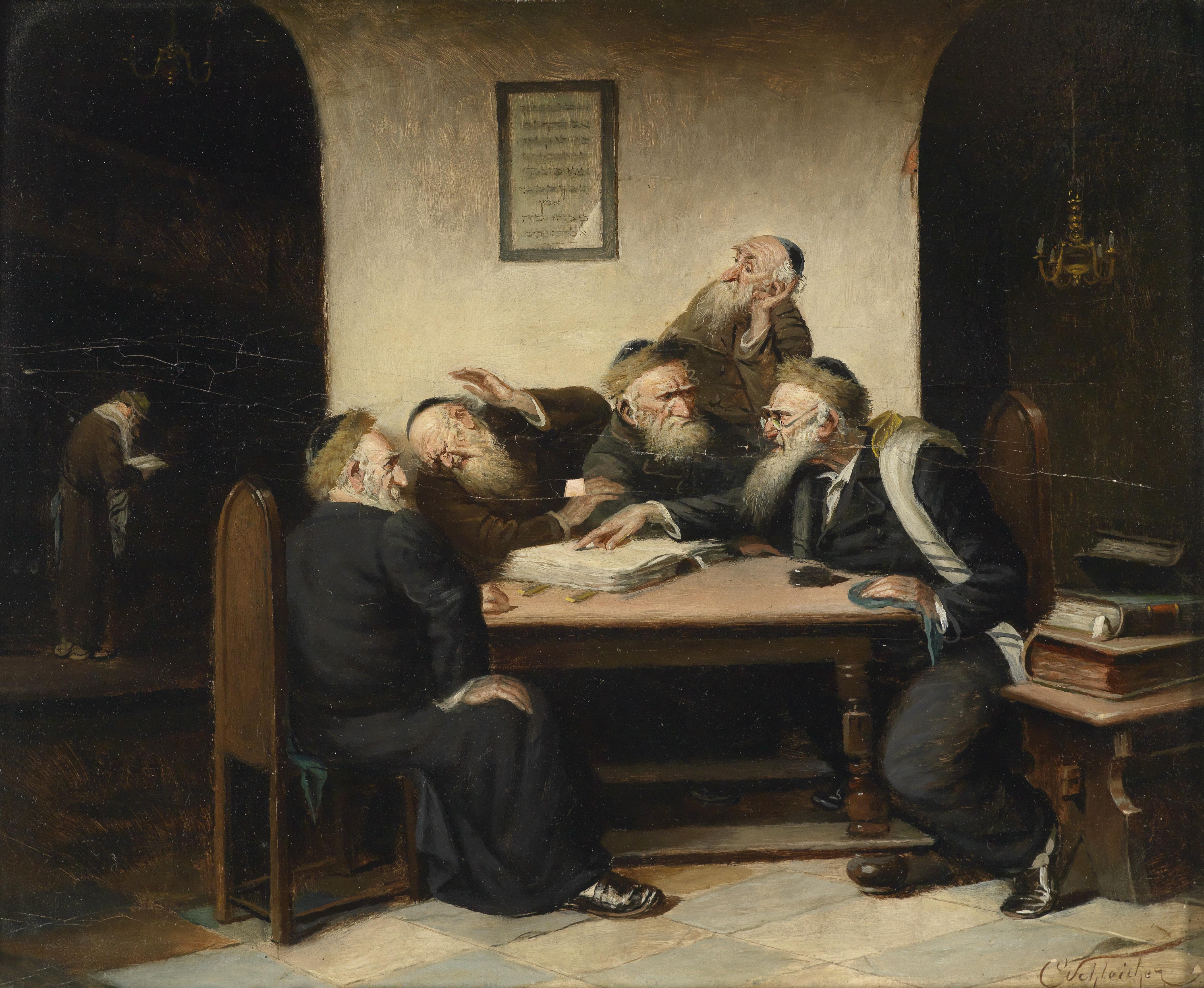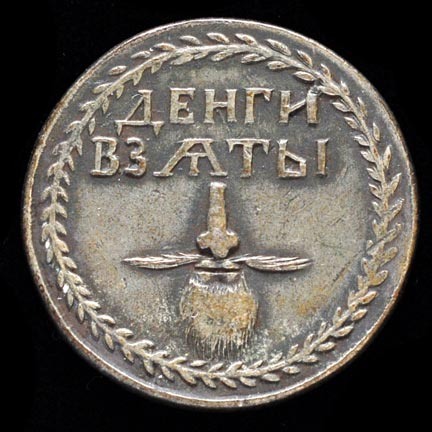|
Ear And Nose Taxes
The ear tax and the nose tax were introduced temporarily in the 1920s to support military needs in the state of Tibet under the rule of the 13th Dalai Lama. Tibet faced financial challenges due to several factors, including geopolitical tensions and the need to modernize the military. In response to these problems, the Tibetan government imposed unique taxes on certain body parts, particularly ears and noses. These taxes were imposed on males, and payment was typically made in silver coins. The ear and nose taxes were primarily symbolic, intended to demonstrate the Tibetan people's loyalty and support for the government's military efforts. While the exact details may differ in different accounts, these taxes were meant to illustrate that everyone, even those who couldn't contribute significantly, had a role in maintaining Tibet's defense and security. Versions Although the existence of these taxes is repeatedly mentioned by Chinese, Tibetan and Western authors, the information p ... [...More Info...] [...Related Items...] OR: [Wikipedia] [Google] [Baidu] |
Tibet (1912–1951)
Tibet () was a Limited recognition, ''de facto'' independent state in East Asia that lasted from the collapse of the Qing dynasty in 1912 until its Annexation of Tibet by the People's Republic of China, annexation by the People's Republic of China in 1951.; The Tibetan Ganden Phodrang regime was a Tibet under Qing rule, protectorate under Qing rule until 1910 when the Qing dynasty decided to assert greater control over the region. In 1912 the Provisional Government of the Republic of China (1912), provisional government of the Republic of China (ROC) succeeded the Qing and received an Imperial Edict of the Abdication of the Qing Emperor, imperial edict inheriting the claims over all of its territories. However, the newly formed ROC was unable to assert any real authority in Tibet. The 13th Dalai Lama declared that Tibet's relationship with China ended with the fall of the Qing dynasty and proclaimed independence, although this was not formally recognized by other countries. Tibe ... [...More Info...] [...Related Items...] OR: [Wikipedia] [Google] [Baidu] |
Serfdom In Tibet Controversy
There is a prolonged public disagreement over the extent and nature of serfdom in Tibet prior to the annexation of Tibet by the People's Republic of China (PRC) in 1951. The debate is political in nature, with some arguing that the ultimate goal on the Chinese side is to legitimize Chinese control of the territory now known as the Tibet Autonomous Region or Xizang Autonomous Region, and others arguing that the ultimate goal on the Western side is to weaken or undermine the Chinese state. The argument is that Tibetan culture, government, and society were feudal in nature prior to the PRC takeover of Tibet and that this only changed due to PRC policy in the region. The pro- Tibetan independence movement argument is that this is a misrepresentation of history created as a political tool in order to justify the Sinicization of Tibet.Powers 2004, pg. 7 Despite such debate about the intention of Chinese descriptions of pre-Communist Tibet, it is known that the Tibetan class system d ... [...More Info...] [...Related Items...] OR: [Wikipedia] [Google] [Baidu] |
Military History Of Asia
A military, also known collectively as armed forces, is a heavily armed, highly organized force primarily intended for warfare. Militaries are typically authorized and maintained by a sovereign state, with their members identifiable by a distinct military uniform. They may consist of one or more military branches such as an army, navy, air force, space force, marines, or coast guard. The main task of a military is usually defined as defence of their state and its interests against external armed threats. In broad usage, the terms "armed forces" and "military" are often synonymous, although in technical usage a distinction is sometimes made in which a country's armed forces may include other paramilitary forces such as armed police. Beyond warfare, the military may be employed in additional sanctioned and non-sanctioned functions within the state, including internal security threats, crowd control, promotion of political agendas, emergency services and reconstruction, pro ... [...More Info...] [...Related Items...] OR: [Wikipedia] [Google] [Baidu] |
Controversies In Tibet
Controversy (, ) is a state of prolonged public dispute or debate, usually concerning a matter of conflicting opinion or point of view. The word was coined from the Latin ''controversia'', as a composite of ''controversus'' – "turned in an opposite direction", and also means an exercise in rhetoric practiced in Rome. Legal In the theory of law, a controversy differs from a legal case; while legal cases include all suits, criminal as well as civil, a controversy is a purely civil proceeding. For example, the Case or Controversy Clause of Article Three of the United States Constitution ( Section 2, Clause 1) states that "the judicial Power shall extend ... to Controversies to which the United States shall be a Party". This clause has been deemed to impose a requirement that United States federal courts are not permitted to cases that do not pose an actual controversy—that is, an actual dispute between adverse parties which is capable of being resolved by the our ... [...More Info...] [...Related Items...] OR: [Wikipedia] [Google] [Baidu] |
1920s In Economic History
Nineteen or 19 may refer to: * 19 (number) * One of the years 19 BC, AD 19, 1919, 2019 Films * ''19'' (film), a 2001 Japanese film * ''Nineteen'' (1987 film), a 1987 science fiction film * ''19-Nineteen'', a 2009 South Korean film * ''Diciannove'', a 2024 Italian drama film informally referred to as "Nineteen" in some sources Science * Potassium, an alkali metal * 19 Fortuna, an asteroid Music * 19 (band), a Japanese pop music duo Albums * ''19'' (Adele album), 2008 * ''19'', a 2003 album by Alsou * ''19'', a 2006 album by Evan Yo * ''19'', a 2018 album by MHD * ''19'', one half of the double album ''63/19'' by Kool A.D. * ''Number Nineteen'', a 1971 album by American jazz pianist Mal Waldron * ''XIX'' (EP), a 2019 EP by 1the9 Songs * "19" (song), a 1985 song by British musician Paul Hardcastle * "Stone in Focus", officially "#19", a composition by Aphex Twin * "Nineteen", a song from the 1992 album ''Refugee'' by Bad4Good * "Nineteen", a song from the 2001 al ... [...More Info...] [...Related Items...] OR: [Wikipedia] [Google] [Baidu] |
Economy Of Tibet
The economy of Tibet is dominated by subsistence agriculture. Due to limited arable land, livestock raising is the primary occupation mainly on the Tibetan Plateau, among them are sheep, cattle, goats, camels, yaks, donkeys and horses. The main crops grown are barley, wheat, buckwheat, rye, potatoes, oats, rapeseeds, cotton and assorted fruits and vegetables. In recent years the economy has begun evolving into a multiple structure with agriculture and tertiary industry developing side by side. Growth From the 1951 Seventeen Point Agreement to 2003, life expectancy in Tibet increased from thirty-six years to sixty-seven years with infant mortality and absolute poverty declining steadily. Professor Lin Chun summarizes, "Roads, factories, schools, hospitals, and above all, modern conceptions of equality and citizenship, however undemocratic they might be, had transformed the land of snows where the cruelty and hardship of an ancient serfdom had been evident." Tibet's GDP i ... [...More Info...] [...Related Items...] OR: [Wikipedia] [Google] [Baidu] |
Tax On Childlessness
The tax on childlessness () was a natalist policy imposed in the Soviet Union and other Communist countries, starting in the 1940s. Joseph Stalin's regime created the tax in order to encourage adult people to reproduce, thus increasing the number of people and the population of the Soviet Union. The 6% income tax affected men from the age of 25 to 50, and married women from 20 to 45 years of age. The tax remained in place until the collapse of the Soviet Union, though by the end of the Soviet Union, the amount of money which could be taxed was steadily reduced. Minister of Health Mikhail Zurabov and Deputy Chairman of the State Duma Committee for Health Protection Nikolai Gerasimenko proposed reinstating the tax in Russia in 2006, but so far it has not been reinstated. Soviet Union As originally passed and enforced from 1941 to 1990, the tax affected most childless men from 25 to 50 years of age, and most childless married women from 20 to 45 years of age. The tax was 6% ... [...More Info...] [...Related Items...] OR: [Wikipedia] [Google] [Baidu] |
Beard Tax
A beard tax is a governmental policy that requires men to pay for the privilege of wearing a beard. The most well documented beard tax was in place in Russia during the 18th century. Russia In 1698, Tsar Peter I of Russia instituted a beard tax as part of an effort to bring Russian society in line with Western European models. To enforce the ban on beards, the tsar empowered police to forcibly and publicly shave those who refused to pay the tax. Resistance to going clean shaven was widespread with many believing that it was a religious requirement for a man to wear a beard, and the Russian Orthodox Church declared being clean-shaven as blasphemous. The tax levied depended upon the status of the bearded man: those associated with the Imperial Court, military, or government were charged 60 rubles annually; wealthy merchants were charged 100 rubles per year while other merchants and townsfolk were charged 60 rubles per year; Muscovites were charged 30 rubles per year; and peas ... [...More Info...] [...Related Items...] OR: [Wikipedia] [Google] [Baidu] |


